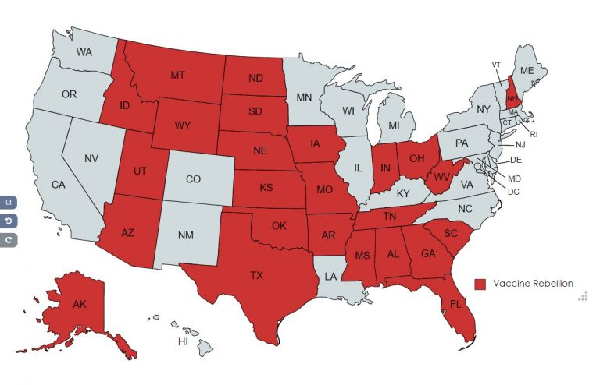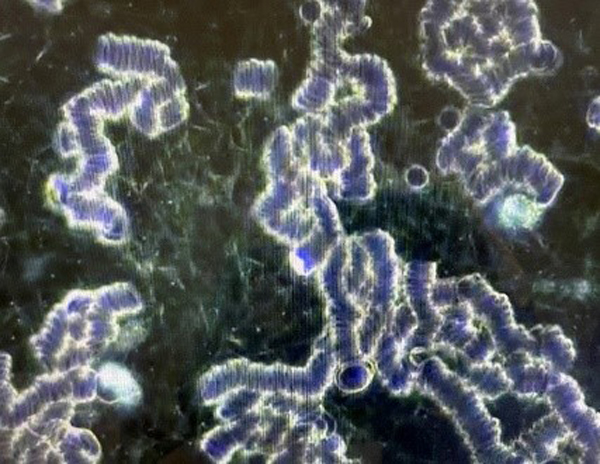“Science” no longer trustworthy: BMJ op-ed suggests all health research should be considered fraudulent until proven otherwise
08/23/2022 / By Ethan Huff

Former The British Medical Journal (BMJ) editor Richard Smith penned an opinion piece for the journal suggesting that health research has become so corrupted and untrustworthy that people should just assume it is fraudulent and false until proven otherwise.
Entitled “Time to assume that health research is fraudulent until proven otherwise?” Smith’s article reveals how research fraud is a systemic problem that dates back decades – and is only getting worse.
Smith cites Ben Mol, a professor of obstetrics and gynecology at Monash Health, who says that at least 20 percent of the time, reviewers and editors of journals are wrong in assuming that the results of a given trial are honestly reported.
“As I’ve been concerned about research fraud for 40 years, I wasn’t that surprised as many would be by this figure, but it led me to think that the time may have come to stop assuming that research actually happened and is honestly reported, and assume that the research is fraudulent until there is some evidence to support it having happened and been honestly reported,” Smith contends.
In many cases, trials that are reported to journals never actually happened in the first place. Someone just made the whole thing up to push a new pharmaceutical drug or medical device, for instance. (Related: The FDA used fraudulent data to authorize Wuhan coronavirus [Covid-19] “vaccines” for babies.)
Systematic reviews are about as trustworthy as a pile of “rubbish”
Ian Roberts, a professor of epidemiology at the London School of Hygiene & Tropical Medicine, learned this the hard way recently after a colleague of his notified him that the trials referenced in his systematic review of mannitol as a treatment for head injury never took place.

Roberts was unaware of this possibility before being told about it, but following an investigation he confirmed that the trials were, in fact, fake. The alleged lead author hails from an institution that does not even exist.
“The trials were all published in prestigious neurosurgery journals and had multiple co-authors,” Smith explains. “None of the co-authors had contributed patients to the trials, and some didn’t know that they were co-authors until after the trials were published.”
Roberts was involved in another systematic review of colloids versus crystalloids that once again included fake trials that never actually took place. Now, Roberts is skeptical of all systematic reviews, and especially those that involve multiple small trials.
“… now he thinks of systematic reviewing as searching through Rubbish,” Smith says. “He proposed that small, single centre trials should be discarded, not combined in systematic reviews.”
Mol also conducted his own investigation and found that most trials included in systematic reviews are either fatally flawed “zombie” trials or they never existed in the first place.
“We have long known that peer review is ineffective at detecting fraud, especially if the reviewers start, as most have until now, by assuming that the research is honestly reported,” Smith further writes.
“I remember being part of a panel in the 1990s investigating one of Britain’s most outrageous cases of fraud, when the statistical reviewer of the study told us that he had found multiple problems with the study and only hoped that it was better done than it was reported. We asked if had ever considered that the study might be fraudulent, and he told us that he hadn’t.”
Smith contends that whenever doing systematic reviews, reviewers must automatically assume that a study is fraudulent until they can find evidence, if it exists, to suggest legitimacy. Only then will systematic reviews be anything other than a pile of rubbish.
More of the latest news about research and science fraud can be found at ScienceFraud.news.
Sources for this article include:
Submit a correction >>
Tagged Under:
big government, Big Pharma, BMJ, British Medical Journal, Censored Science, Collusion, COVID, deception, Fact Check, fake trials, fraudulent, health research, peer review, Plandemic, propaganda, research fraud, science decception, scientific fraud, skeptics
This article may contain statements that reflect the opinion of the author





















